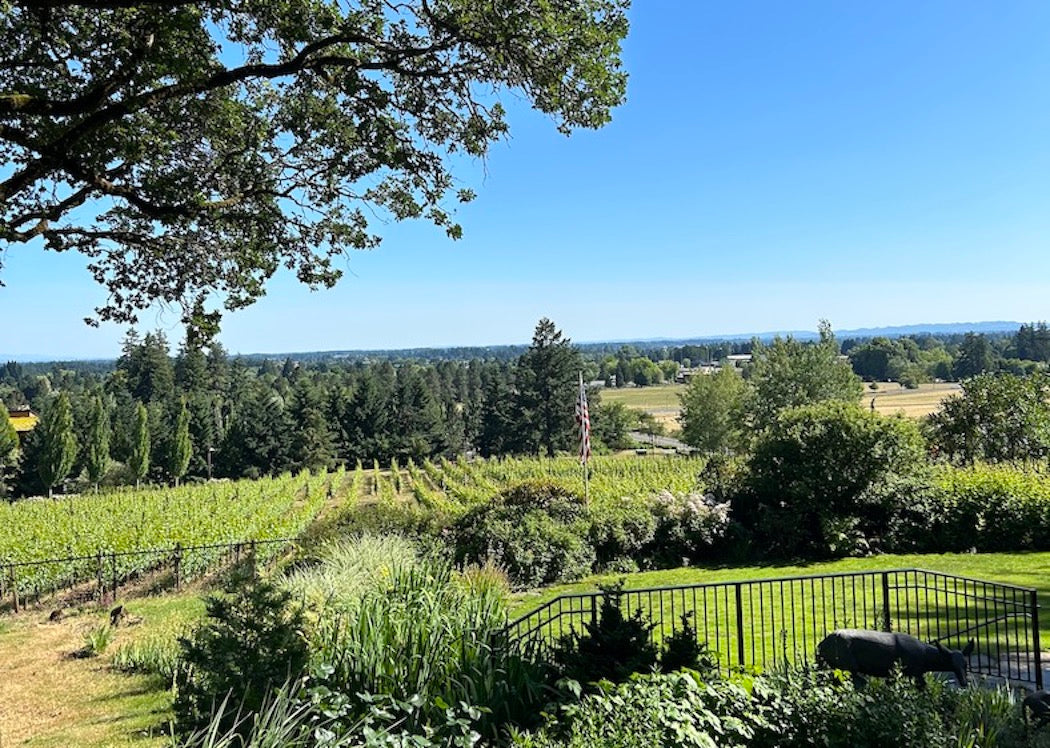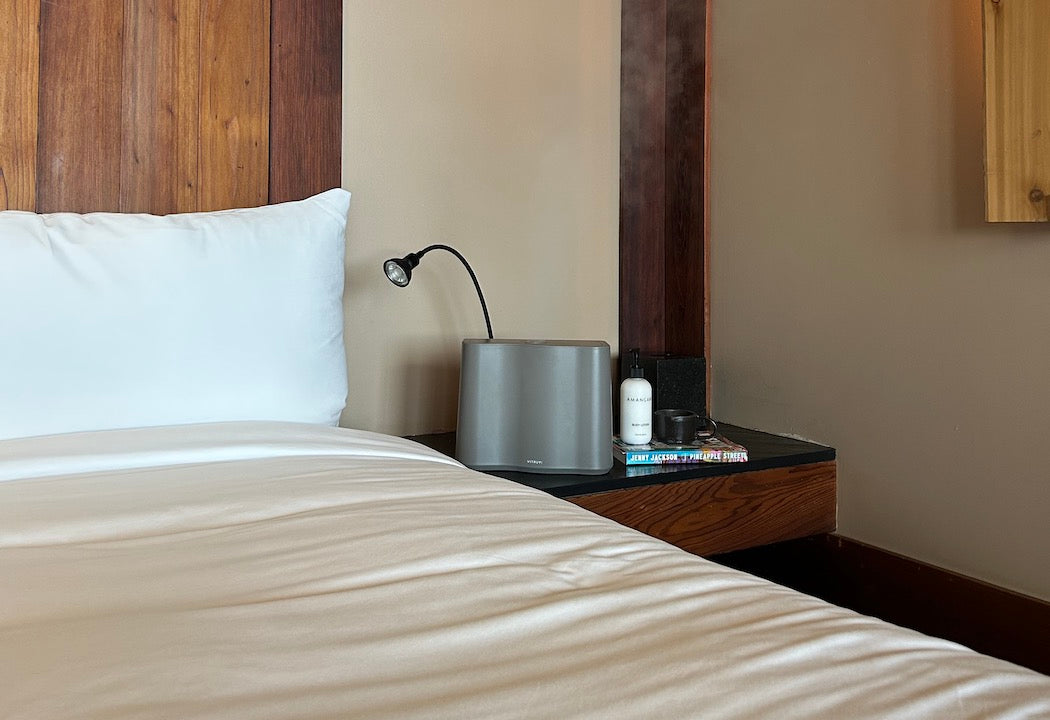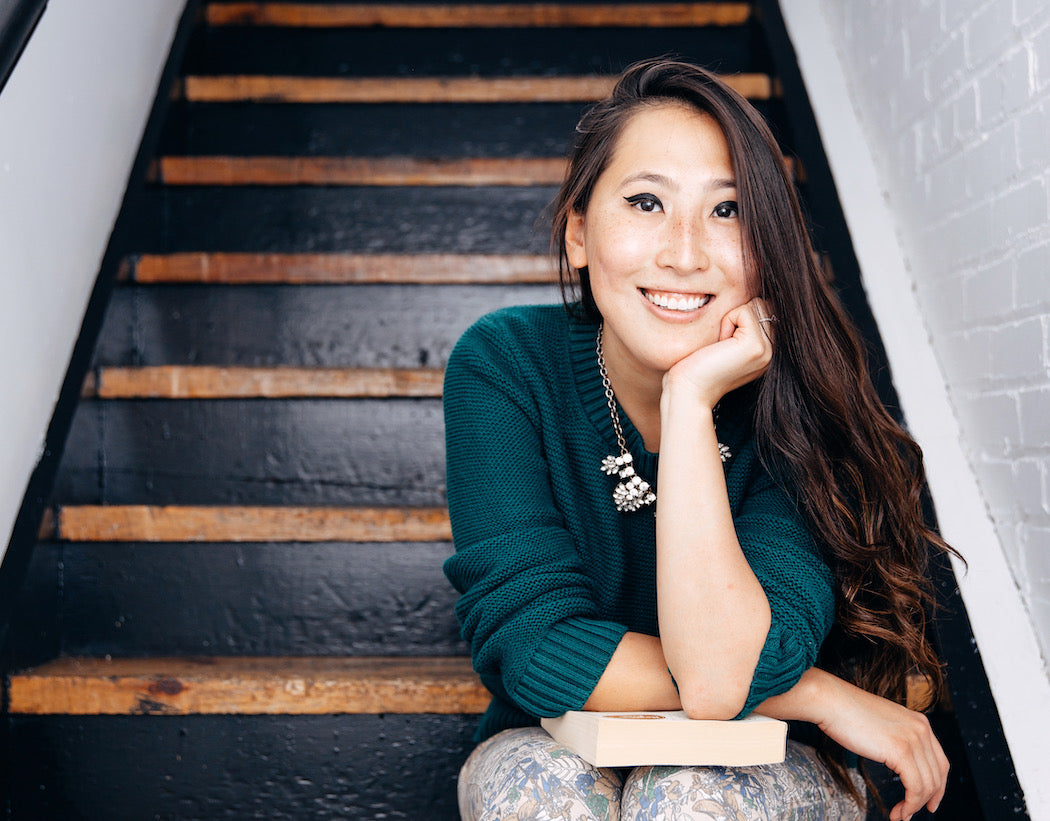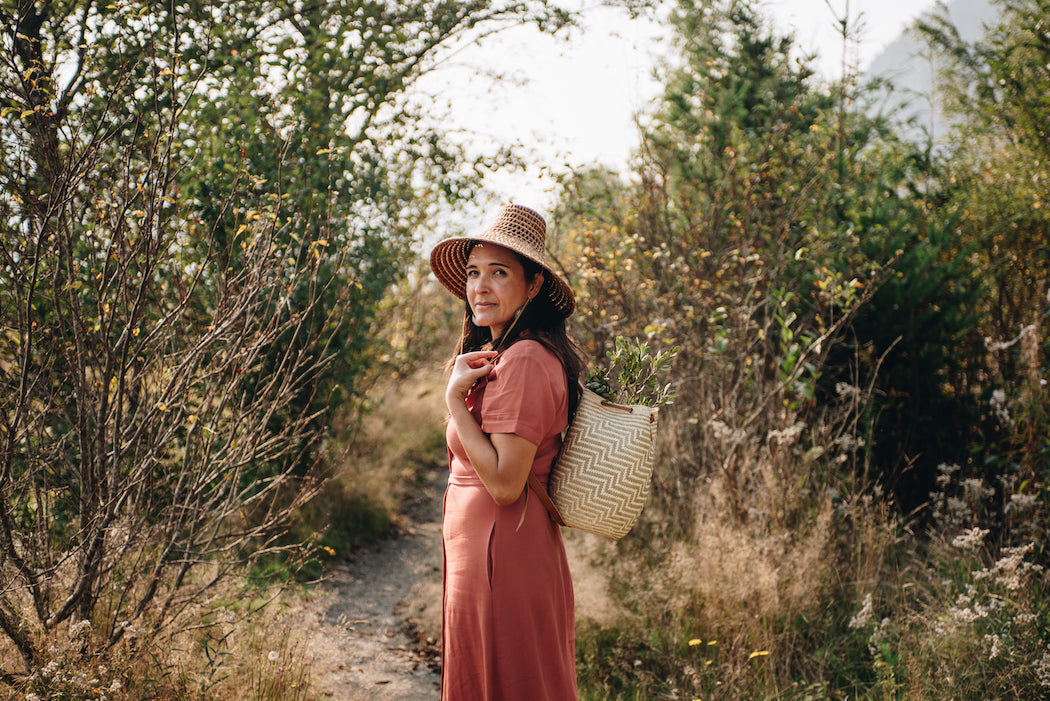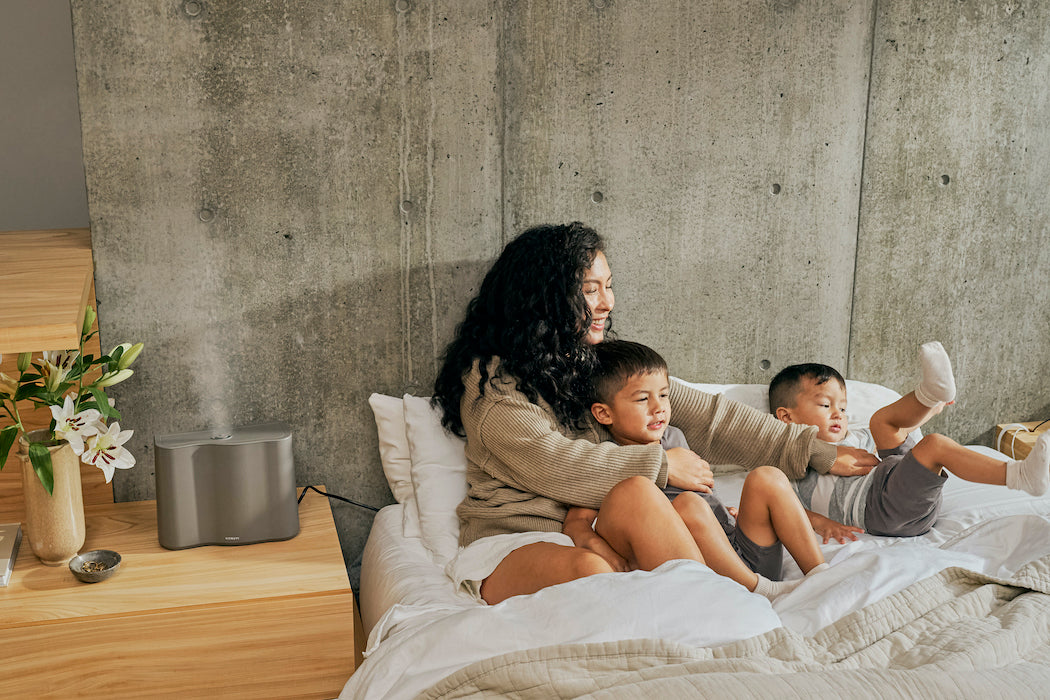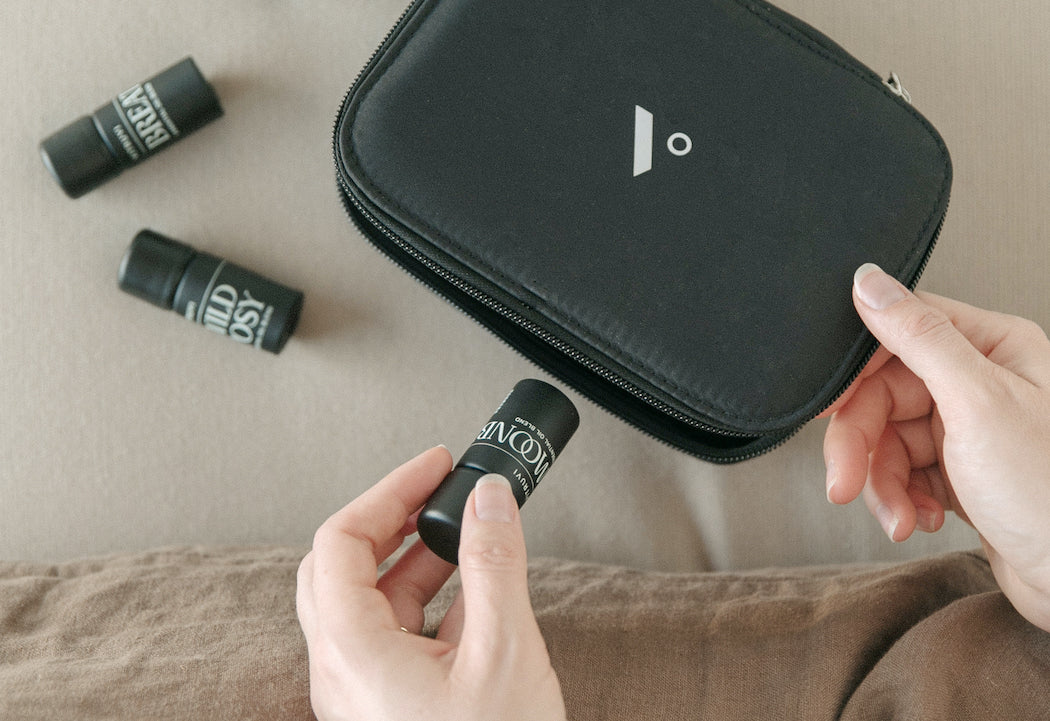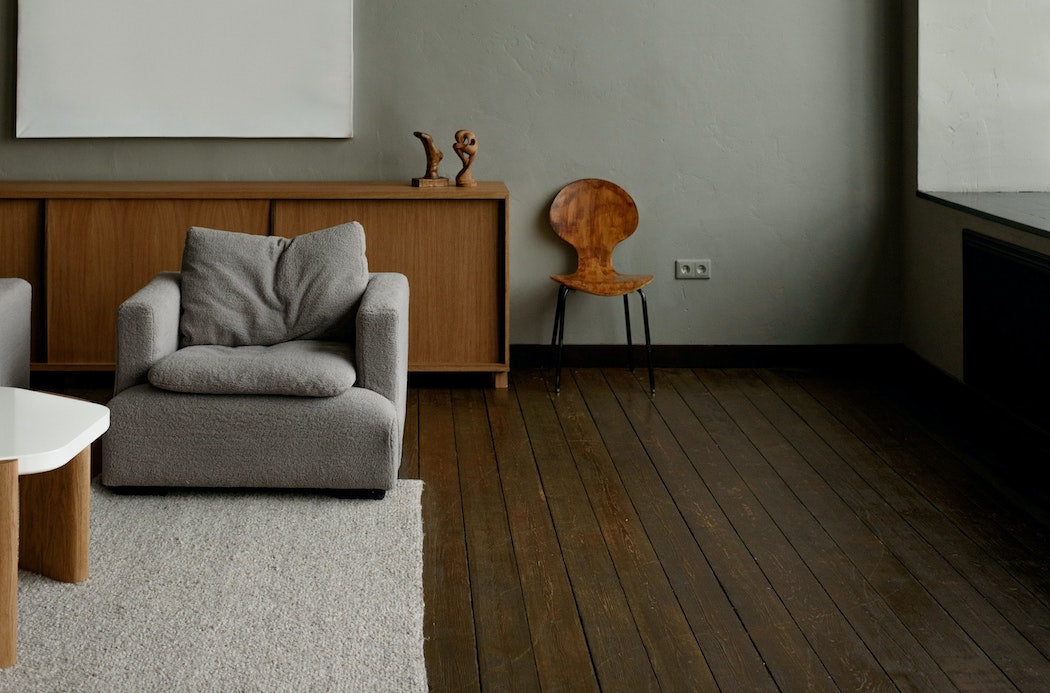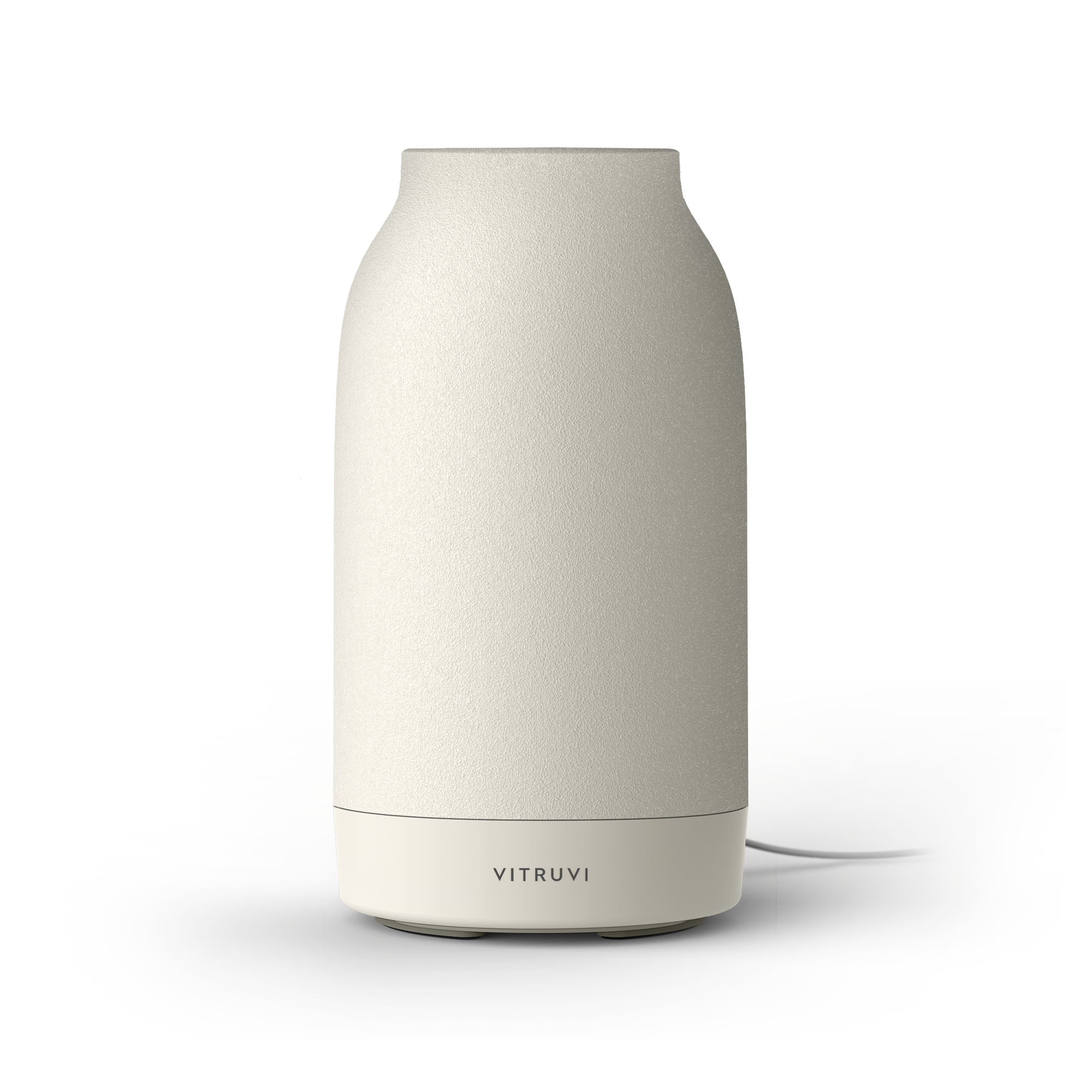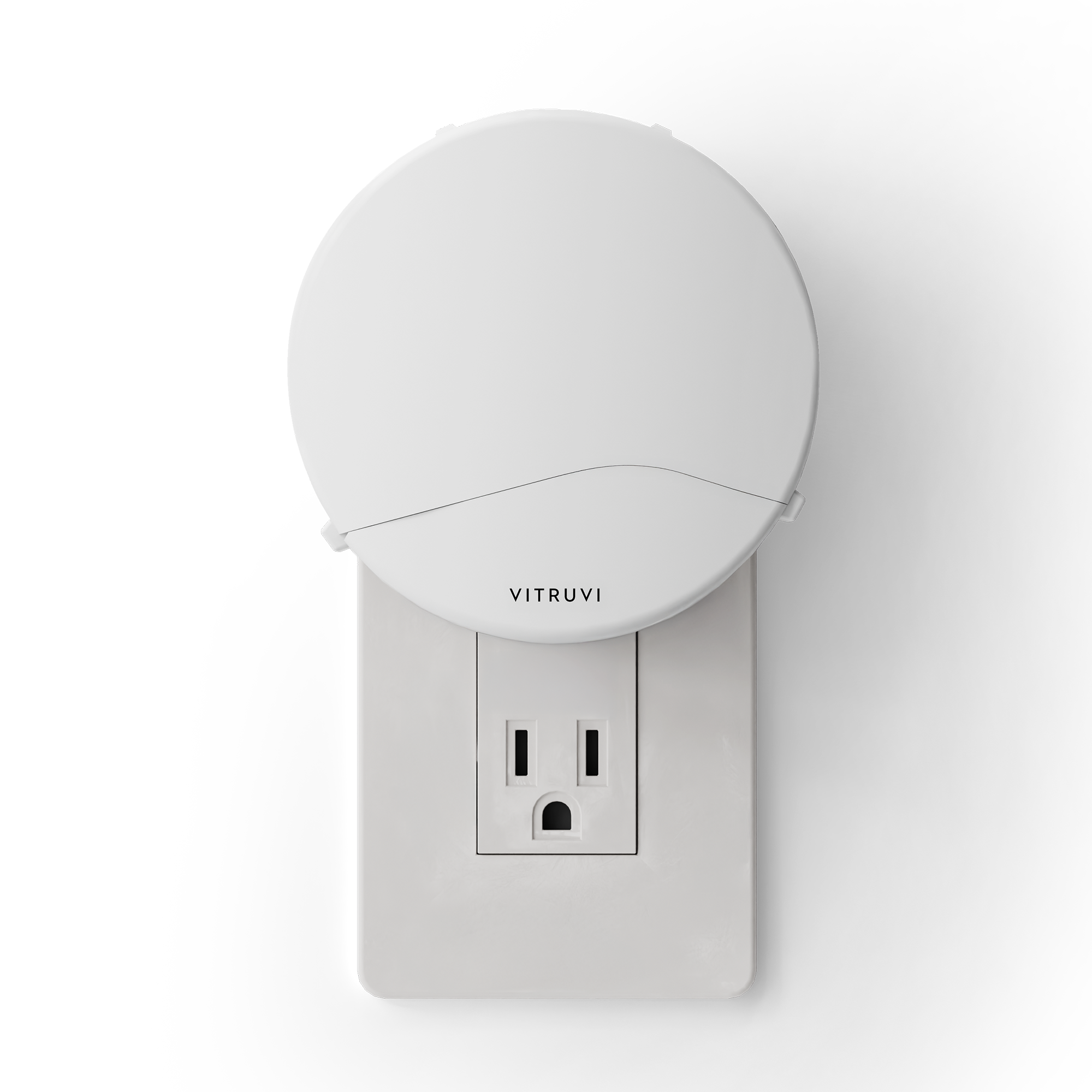When I was in Japan studying sake, it was strange facing the confusion and judgement of being a young woman in the alcohol industry. In Vancouver, I was surrounded by a small but inclusive community of sake professionals. Being a woman in this traditionally male-led field wasn’t the battle here—getting people to try sake outside of “saki bombs” was.
In Canada, women make up about half the population of people who have the high achievement of Advanced Sake Professional. I’ve been lucky to learn with and be supported by these incredible colleagues. For me, it’s been natural to look for women in alcohol spaces.
The first natural wine I ever drank was the Coenobium Ruscum, a skin-contact wine made by nuns in Lazio, Italy. The Sisters of the Cistercian Order have been farming their land organically since the 1990s, intervening minimally in the cellar. It was textural, savory, and intense—I loved it.

The stories of the natural wine producers and the energy of the wines sent me down the rabbit hole. Many of them were small teams: people willing to run with their ideas and make something with them. And many were women-led. Building Dachi, our restaurant in Vancouver’s Hastings-Sunrise, and Ugly Dumpling, our spot on Commercial Drive, felt like that, too. And in our spaces, we get to share their stories, alongside their wine, with our guests. There are so many women-owned wineries that I love to drink. Here are some of my favorites.
Susanne Renner and Stefanie Renner from Rennersistas (Austria)
Third-generation winemakers, these two sisters took over their family business and turned the winery biodynamic. Their white field blend Intergalactic is unfiltered and sees some skin contact. Aromatic and high acid, it’s something to drink on a sunny afternoon.
Nadia Verrua from Cascina Tavijn (Italy)
After taking over her parents’ winery, she stopped the use of all chemicals and returned to a “slower” form of winemaking. While I love all of her wines, the Rosetta—a frizzante rose made from local freisa grapes—is vibrant and feels like spring is near.
Elisabetta Foradori from Foradori (Italy)
She’s best known for serious Teroldego; but following a terrible growing season in 2017, she tried her hand at a “vin de soif,” and Lezer was born. A light and lovely table wine.
Arianna Occhipinti from Agricola Occhipinti (Italy)
The SP68 Bianco Terre Siciliane is textured and bright, like the Sicilian sun.
Anne Paillet from Autour de l’Anne (France)
Really, all her wine is delicious—but the Cinsault, with its carbonic maceration, is a mood I am always in.
Josée Vanucci from Clos Fornelli (France)
The Robe d’Ange (made of 100 percent sciaccarellu) is at once serious and completely gluggable. Less extraction on this thin-skinned grape makes it a lighter red, lovely chilled.
Jordan Kubek from Lightning Rock Winery (Canada)
The sparkling wines are exceptional; I’m partial to the Blanc de Noirs. An easy bottle to keep in the fridge for surprise occasions.
Kelsey Rufiange from Else Wines (Canada)
The Echo Bay winemaker released her own label last year with piquettes, skin contacts, and reds. The riesling is one I’m looking forward to revisiting this vintage.
Drinking these wines, that each represent their sense of place, is one of the best ways to “travel” during the pandemic. I sure am looking forward to, one day, being able to actually visit these women at their wineries.


